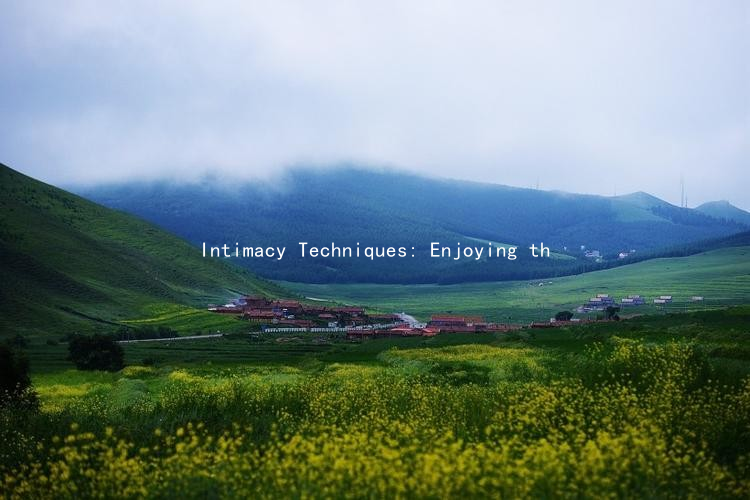Love and Power Dynamics: Recognizing Social Issues in Romantic Relationships
Love and Power Dynamics: Recognizing Social Issues in Romantic Relationships
In contemporary society, romantic relationships are often viewed through a lens of love, passion, and personal fulfillment. However, beneath the surface of these relationships, complex power dynamics can emerge that influence how partners interact and communicate. Understanding these dynamics is essential for fostering healthy and equitable partnerships.
At the heart of many romantic relationships lies the concept of power. Power is not inherently negative; it can be wielded in ways that support mutual growth and understanding. However, when one partner consistently exerts control or manipulation over the other, it can lead to an imbalance that affects the relationships health. Recognizing these power dynamics is the first step in addressing potential social issues that may arise within romantic contexts.
Communication is key in navigating power dynamics. A healthy relationship thrives on open dialogue where both partners feel equally heard and validated. Couples should practice active listening, ensuring that they genuinely understand each others feelings and perspectives. When dialogues are skewed by one partner dominating the conversation or dismissing the others thoughts, it can create a power struggle that leads to resentment and conflict.
Moreover, societal norms significantly shape individual expectations in romantic relationships. For instance, traditional gender roles often dictate that men should be providers and decision-makers, while women should be nurturing and accommodating. These stereotypes can perpetuate power imbalances, making it difficult for partners to engage as equals. Challenging these norms requires both self-awareness and a commitment to redefining roles within the relationship based on shared values and mutual respect.

Conflict resolution is another critical aspect of managing power dynamics. Healthy couples understand the importance of addressing disagreements constructively. Rather than resorting to blame or withdrawal, partners should approach conflicts by focusing on problem-solving and understanding each others emotions. Using “I” statements can help articulate feelings without assigning fault, such as, “I feel overwhelmed when plans change last minute.” This approach encourages empathy and can validate each partners experience, reinforcing a sense of equality.
Another important aspect of love and power dynamics is recognizing emotional intelligence and its role in relationships. Individuals must cultivate self-awareness to understand their emotions and how they influence their behavior. By acknowledging their feelings and reactions, partners can foster a more supportive atmosphere where vulnerability is welcomed. This emotional depth can enhance the connection between partners, allowing them to navigate challenges with resilience.
Finally, it is crucial to understand the impact of external influences on romantic relationships. Economic factors, cultural backgrounds, and individual experiences all shape the way couples interact. Acknowledging these influences can help partners develop empathy for each other’s circumstances and create a supportive foundation. Couples who actively seek to understand and address these external pressures are more likely to build a partnership grounded in equality and trust.
In conclusion, recognizing and addressing power dynamics in romantic relationships is vital for fostering healthy connections. By focusing on effective communication, challenging societal norms, resolving conflicts constructively, enhancing emotional intelligence, and understanding external influences, couples can navigate the complexities of love with greater awareness and understanding. Ultimately, a committed partnership built on equality, respect, and shared values can lead to a more fulfilling and harmonious romantic relationship.





